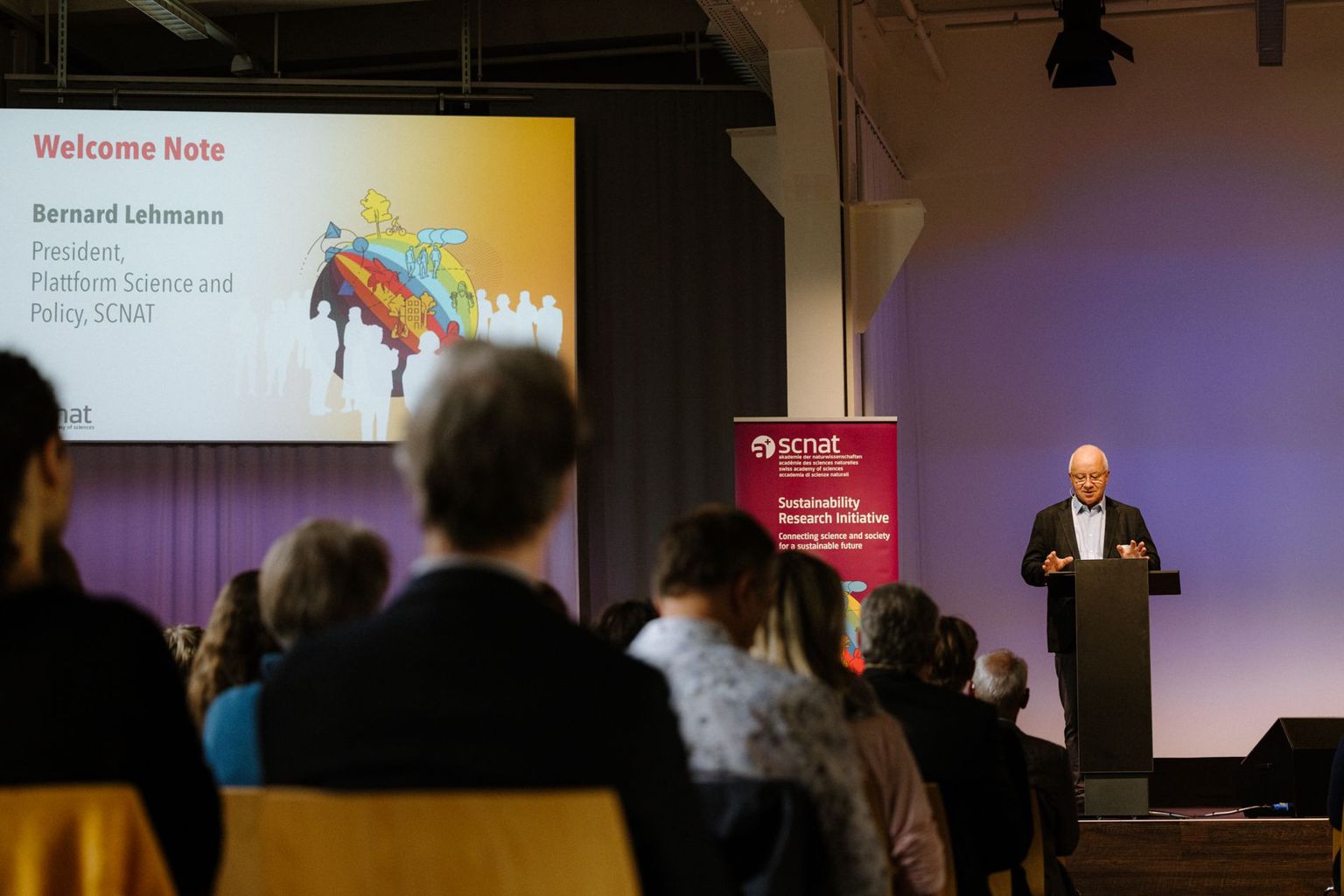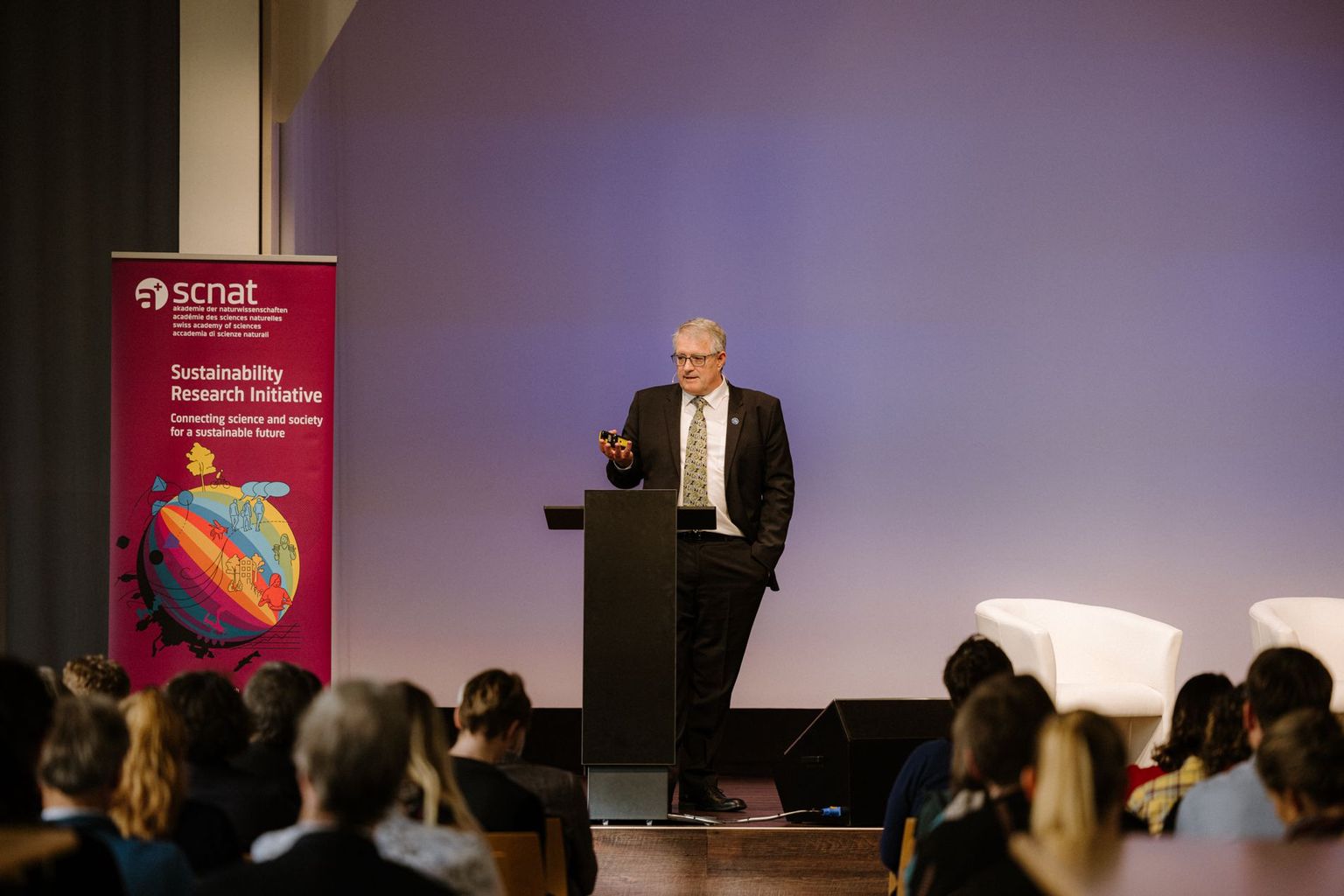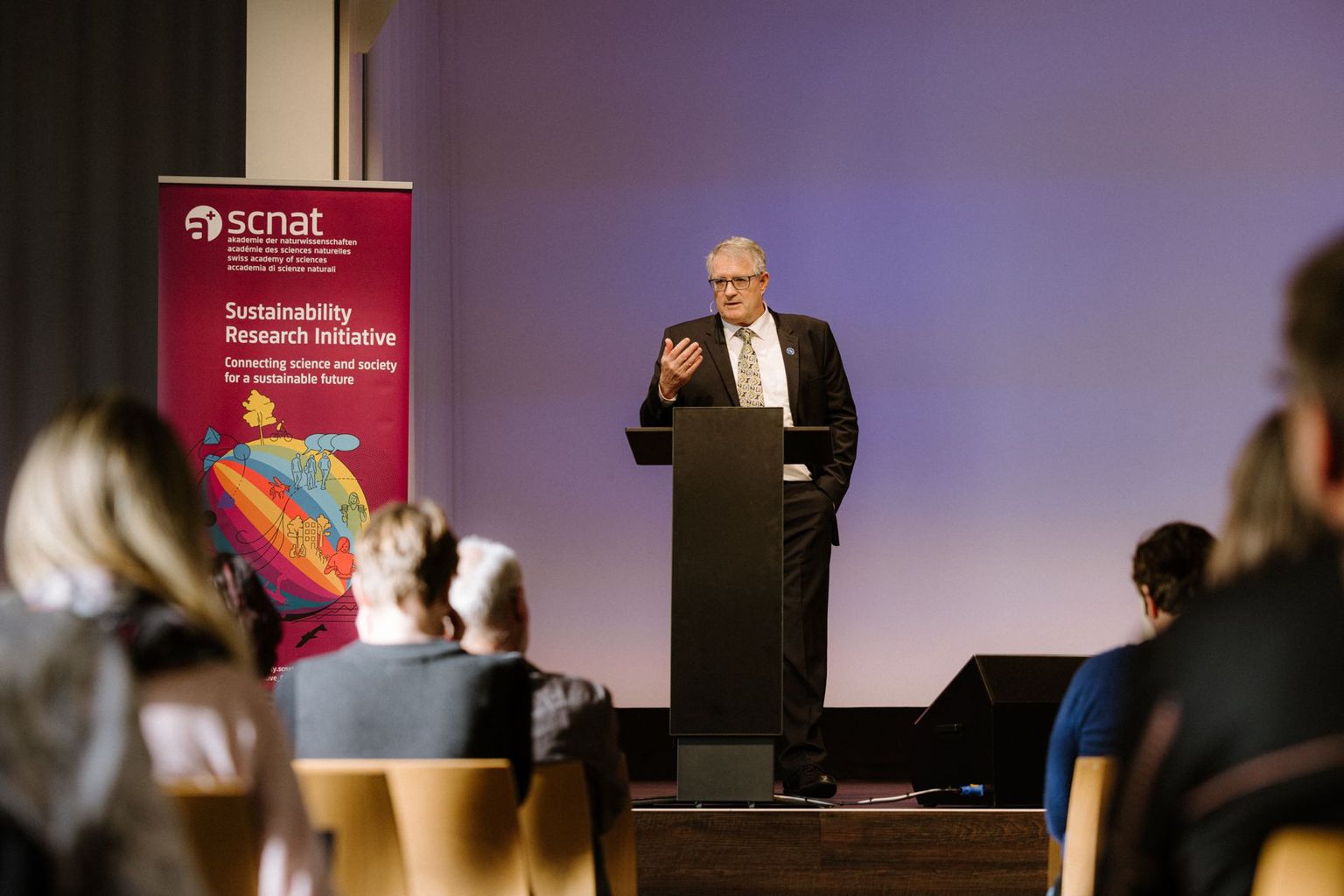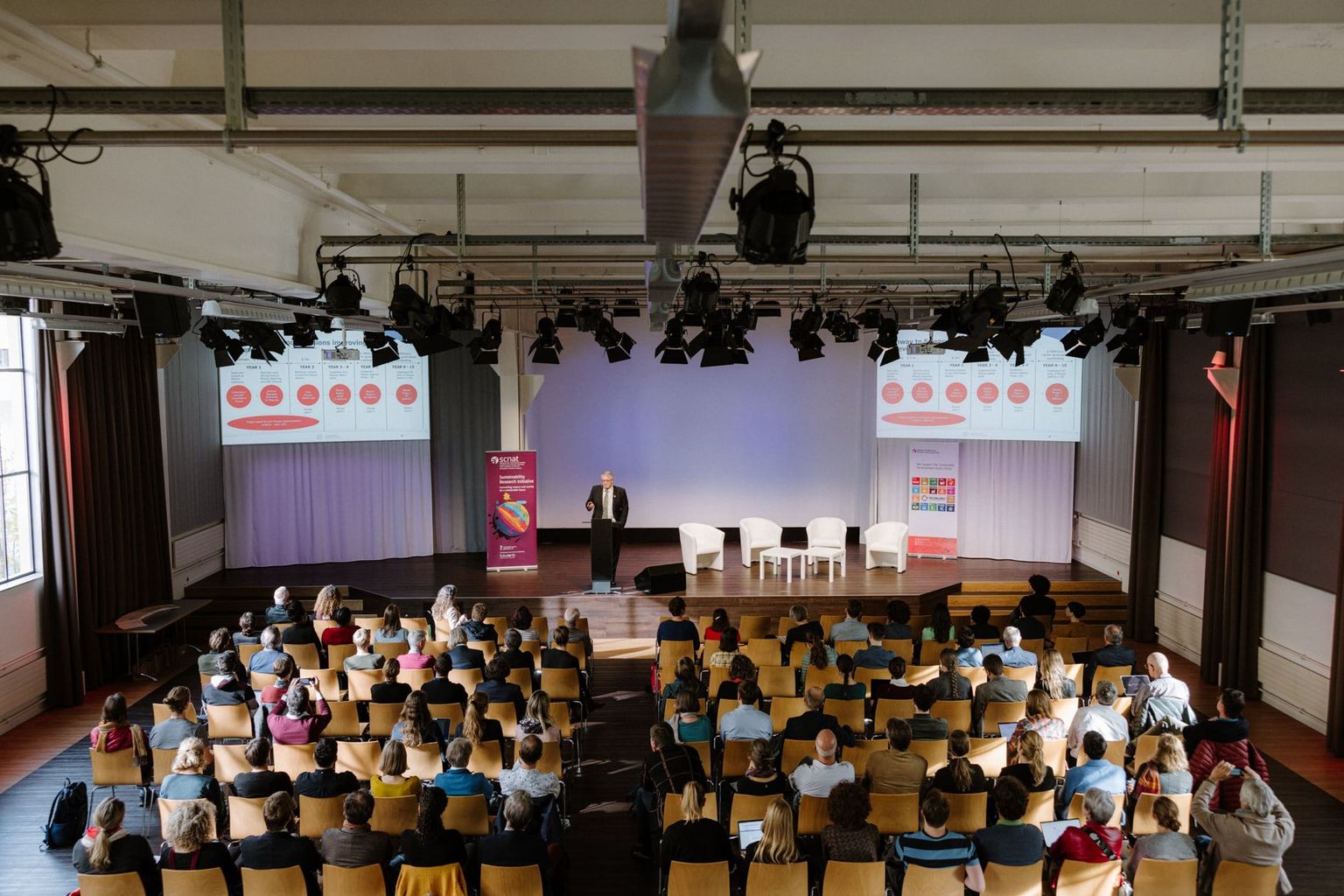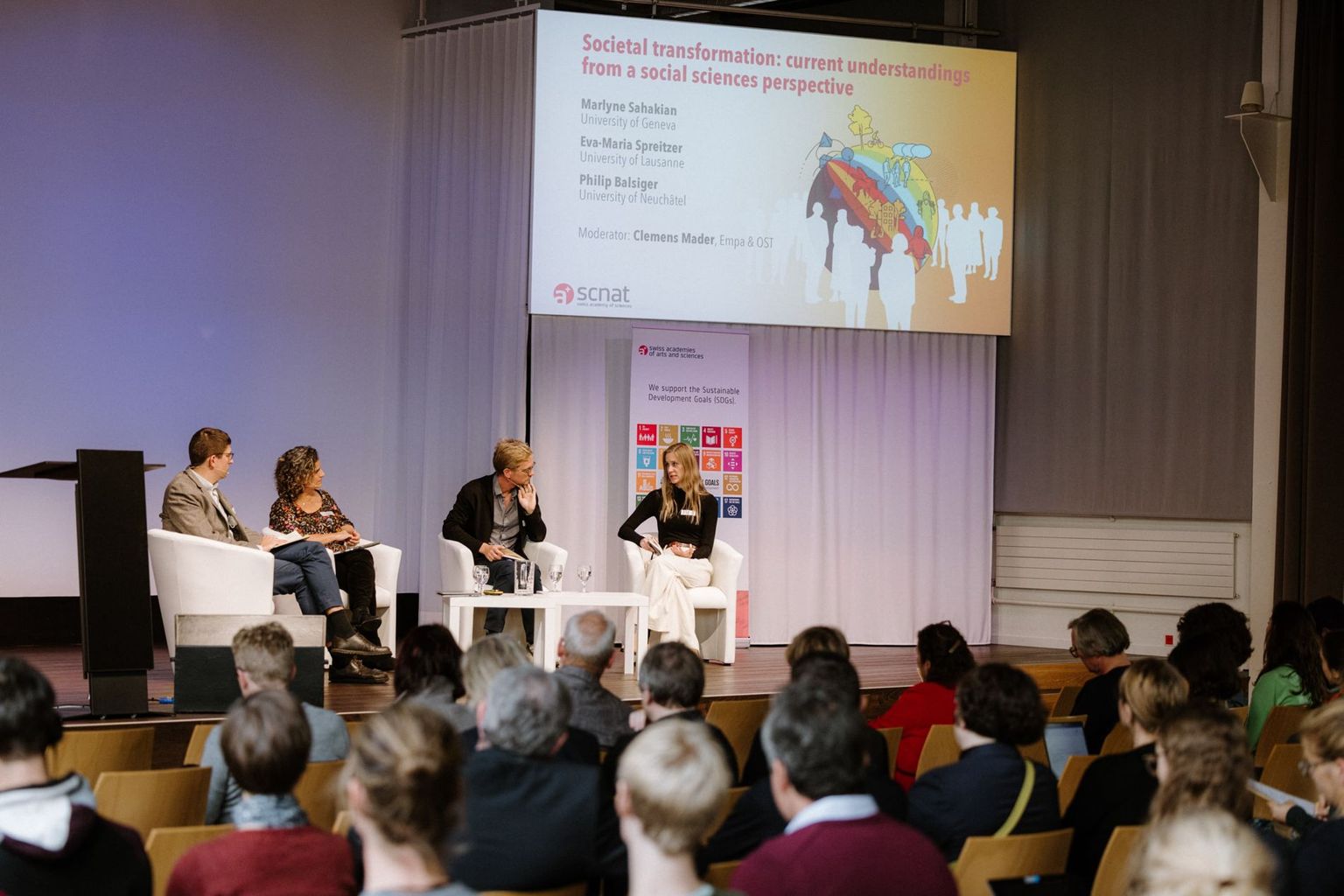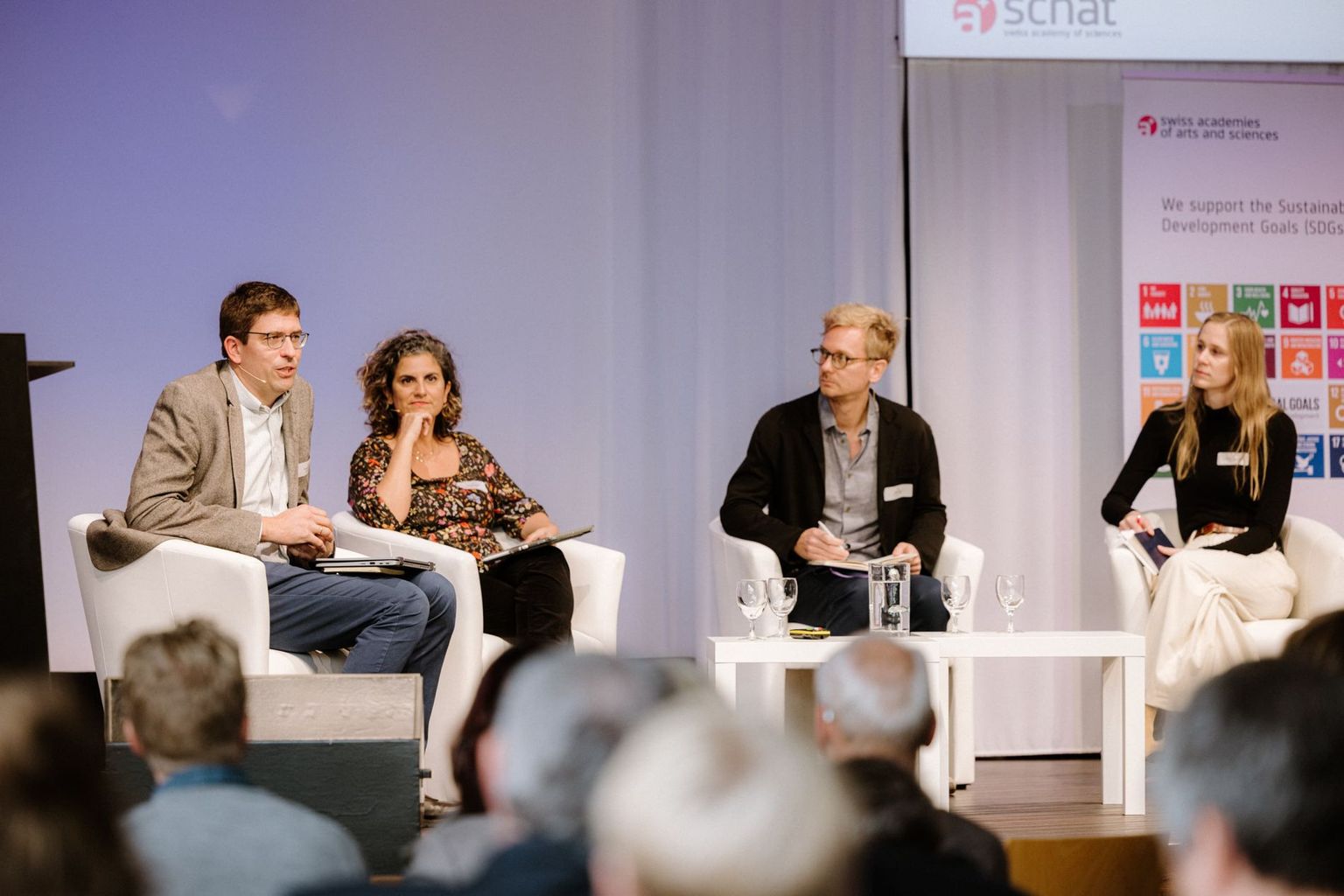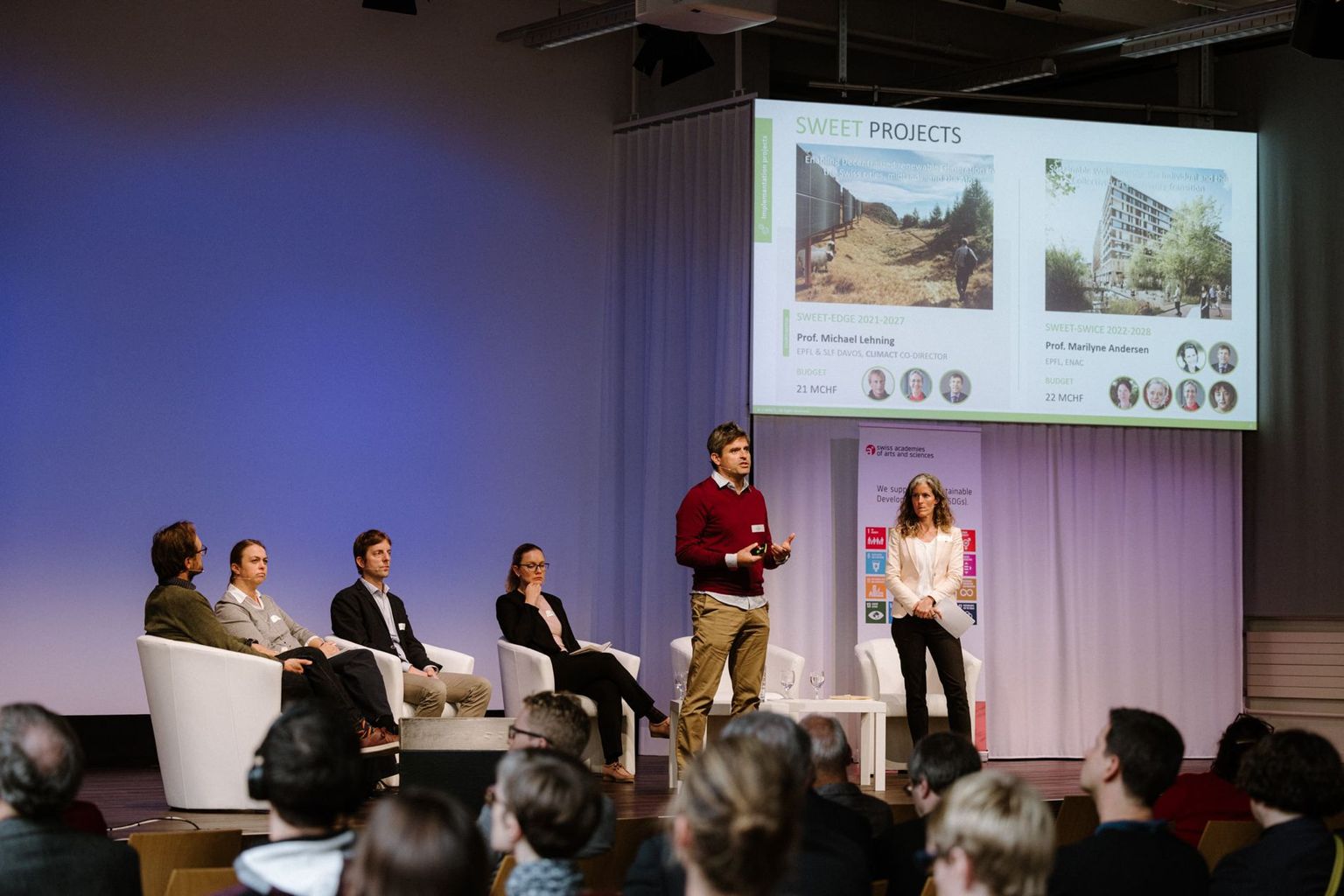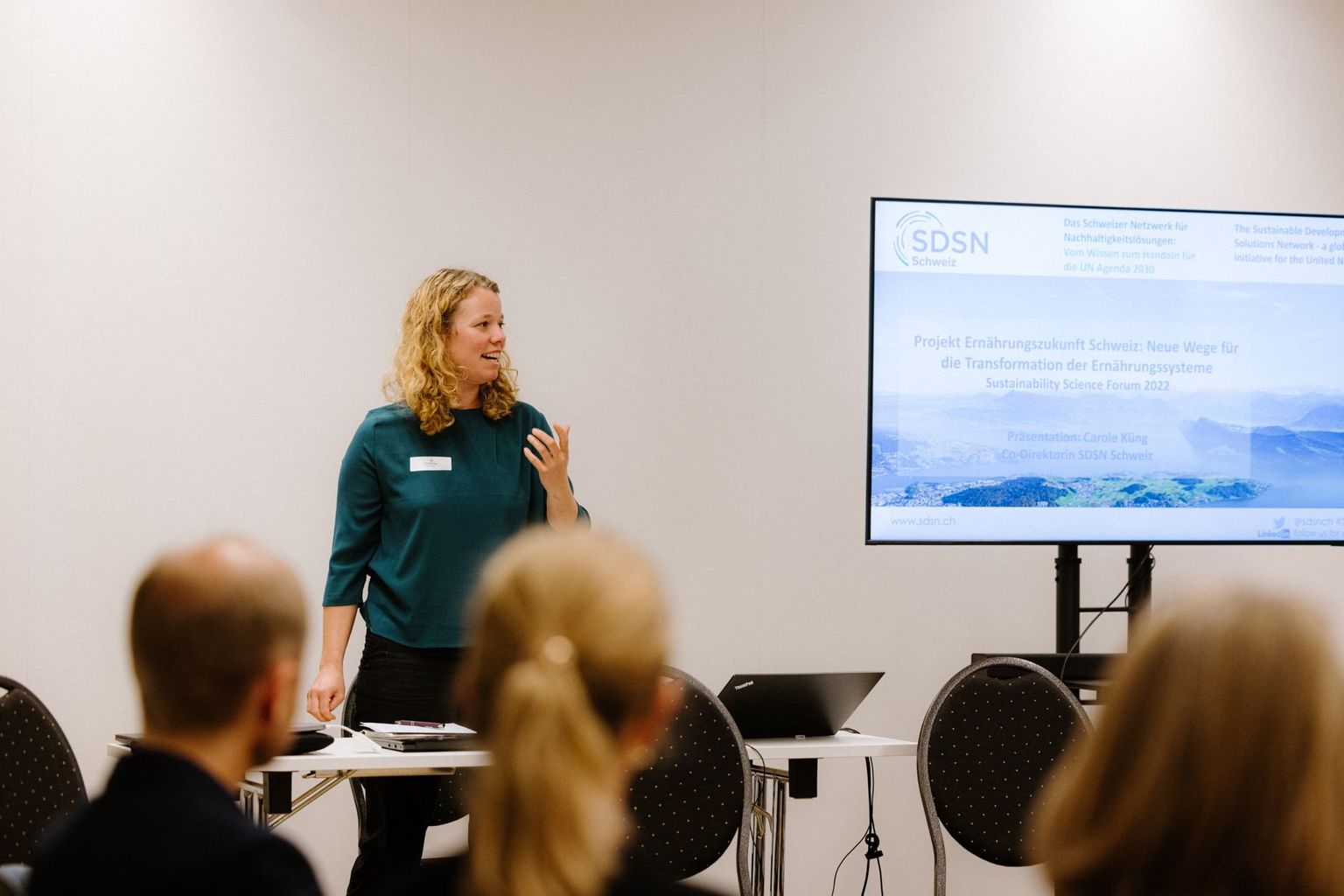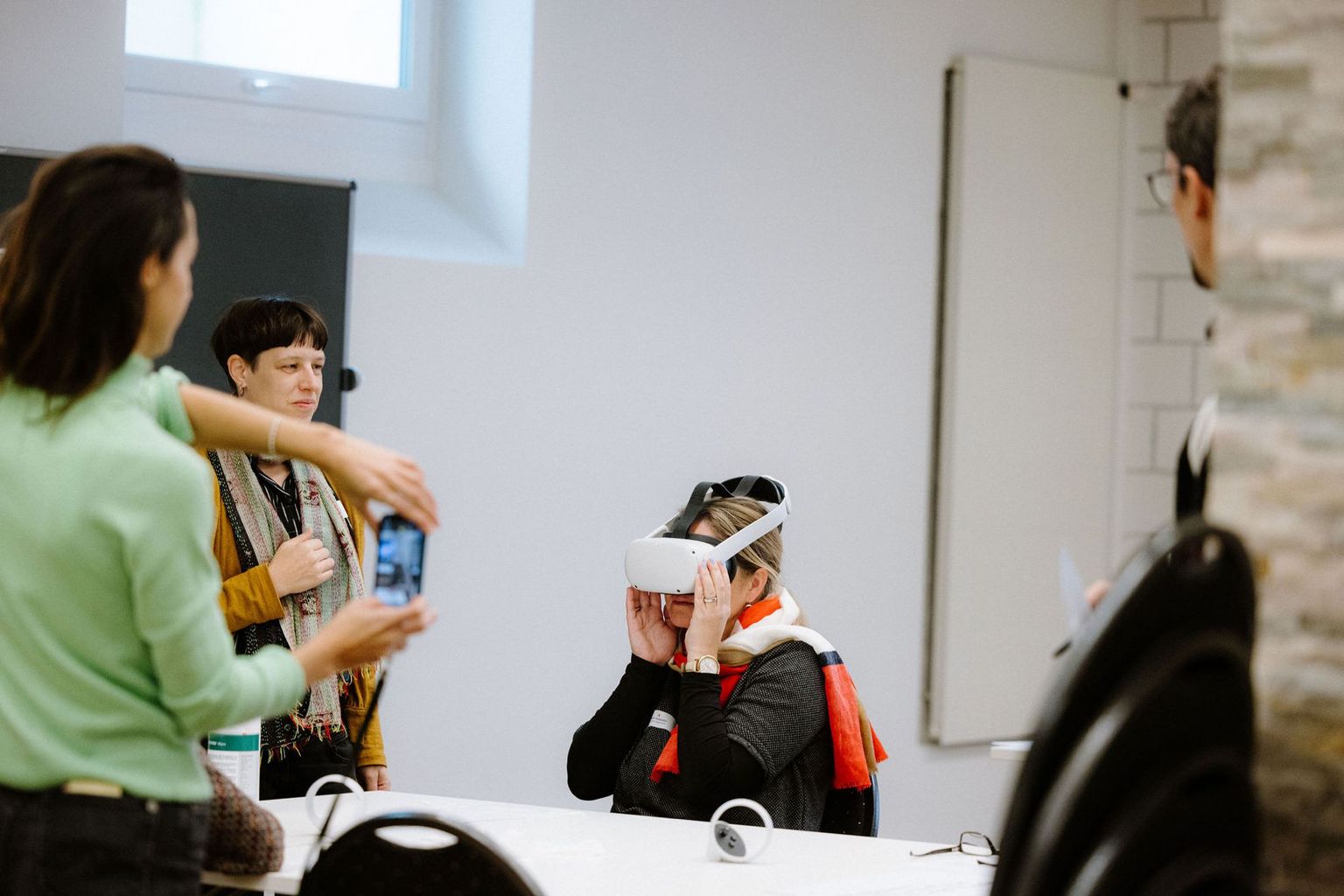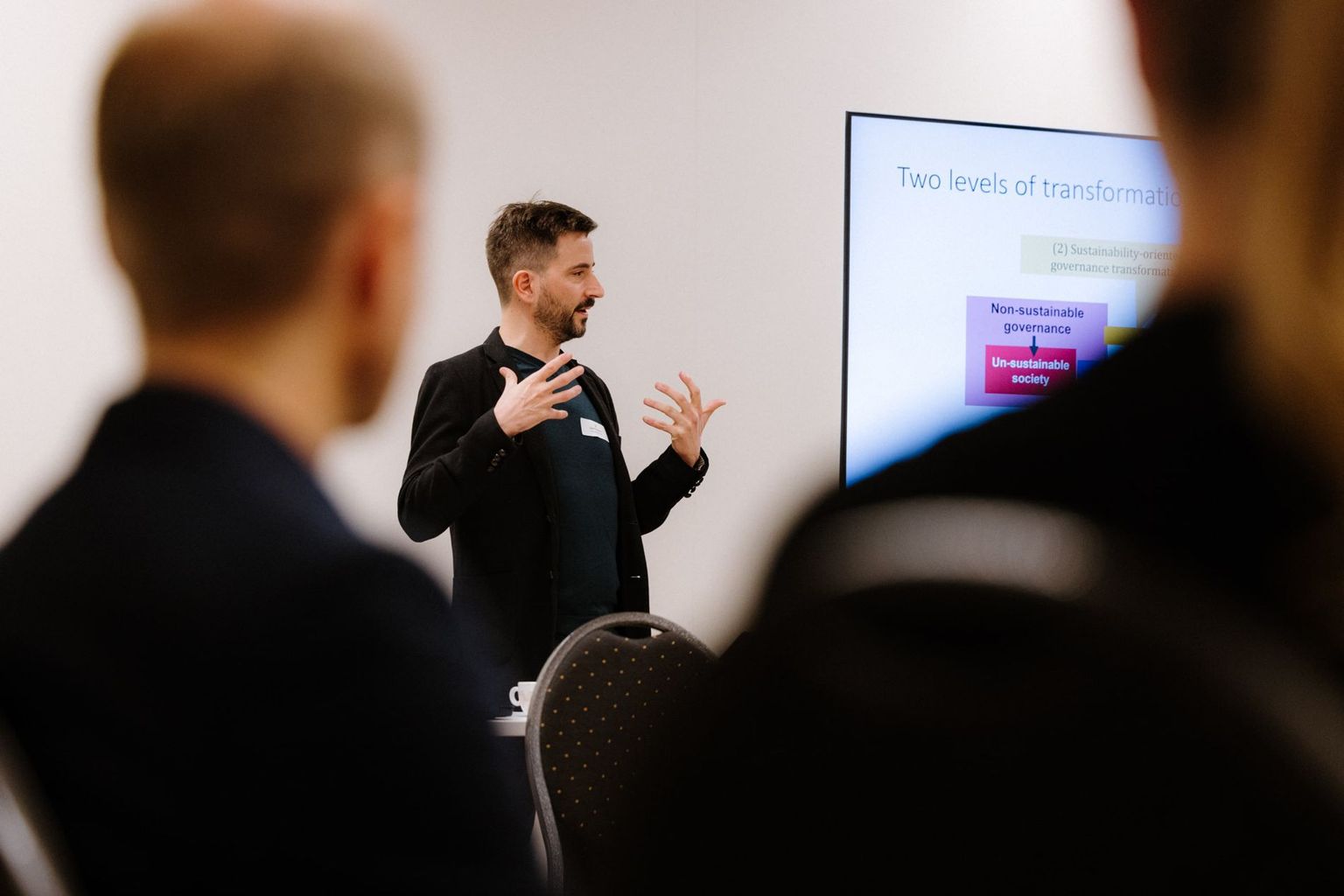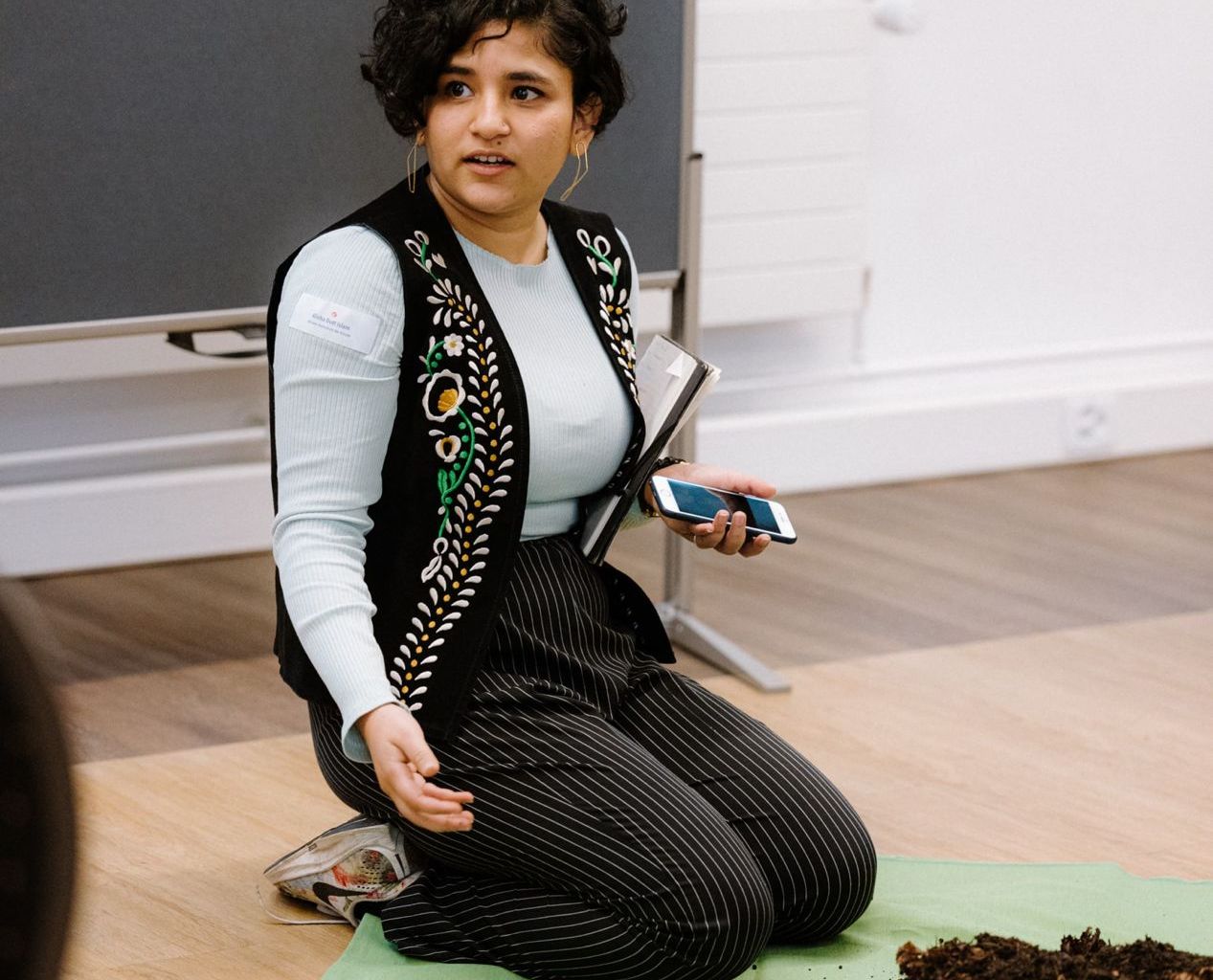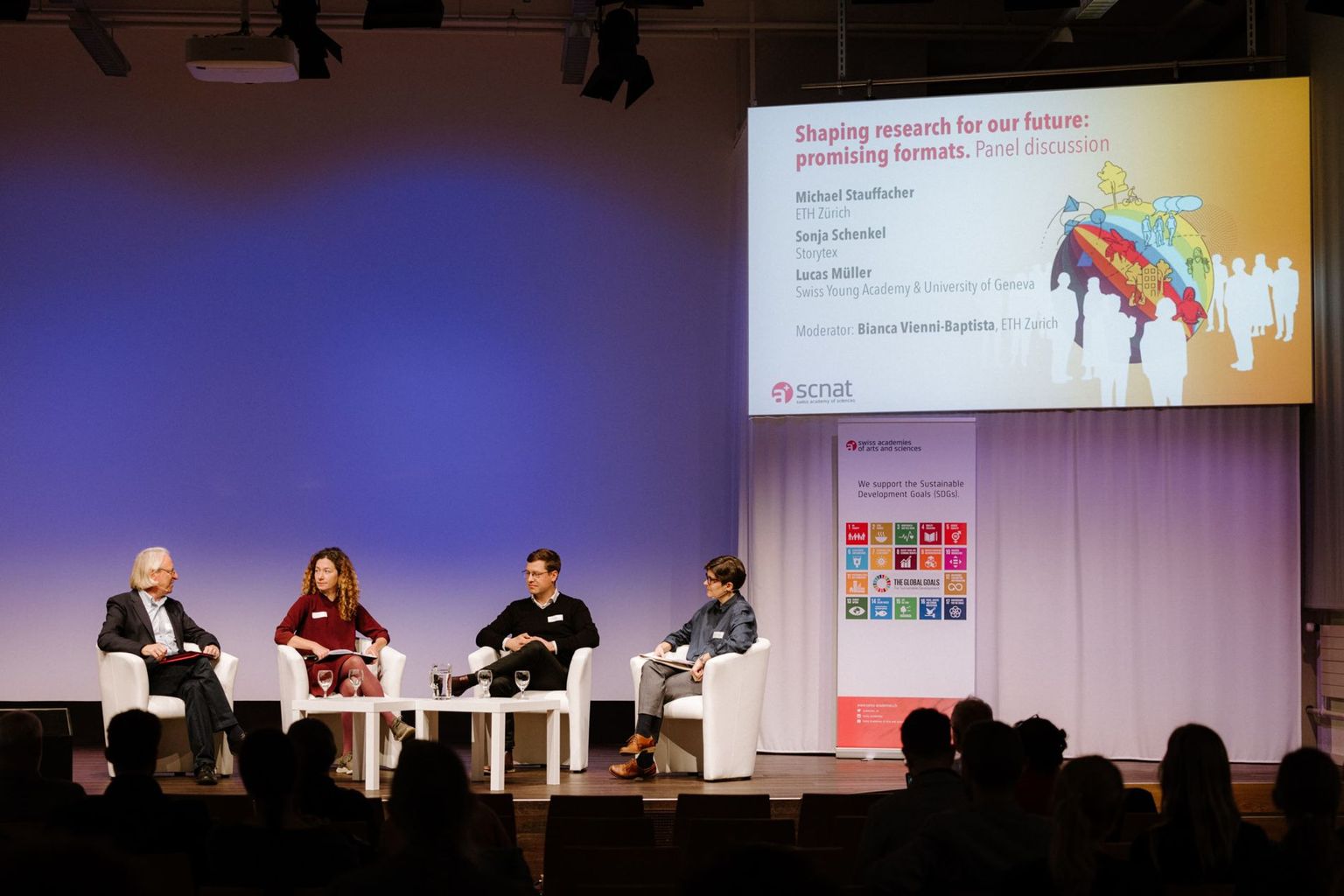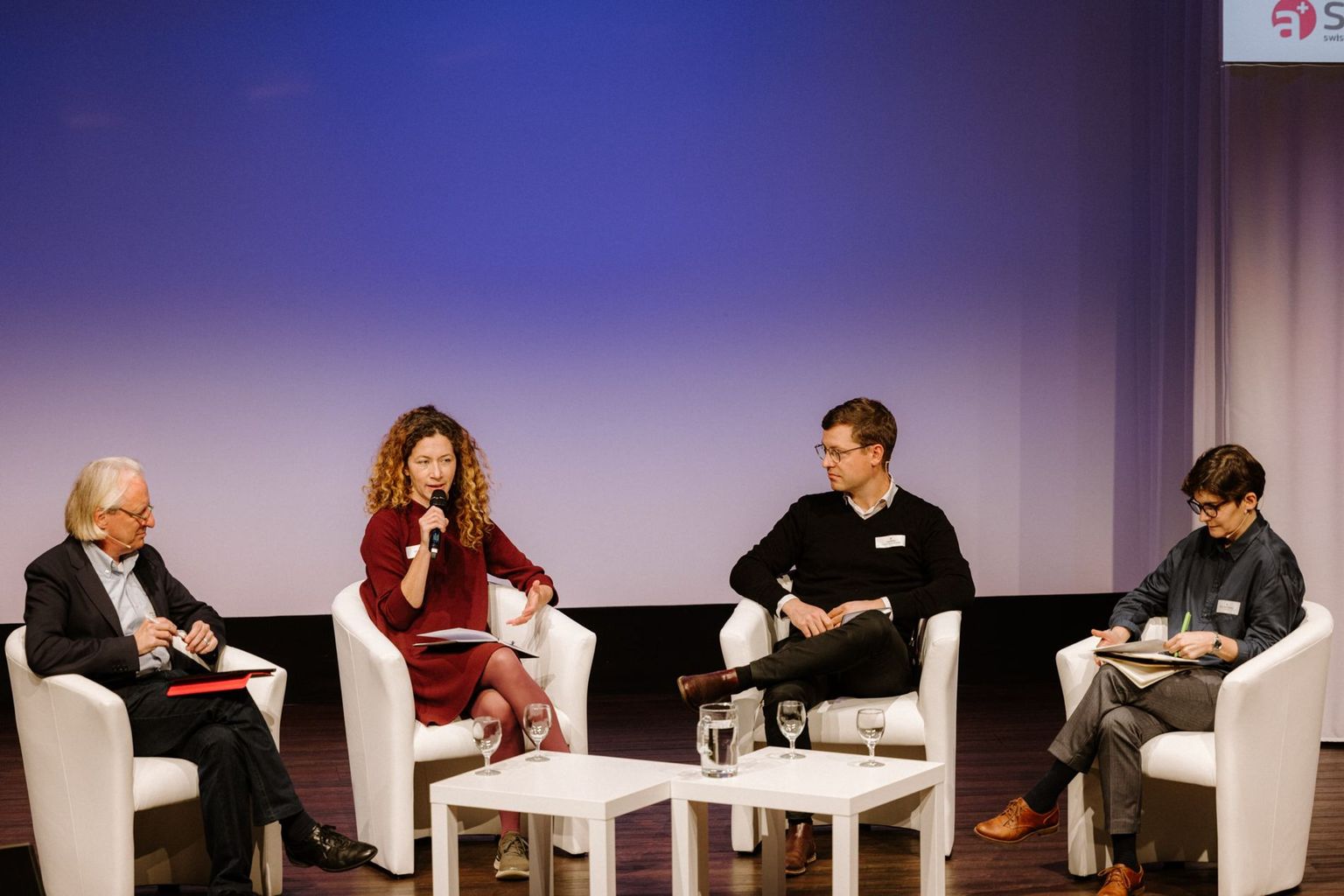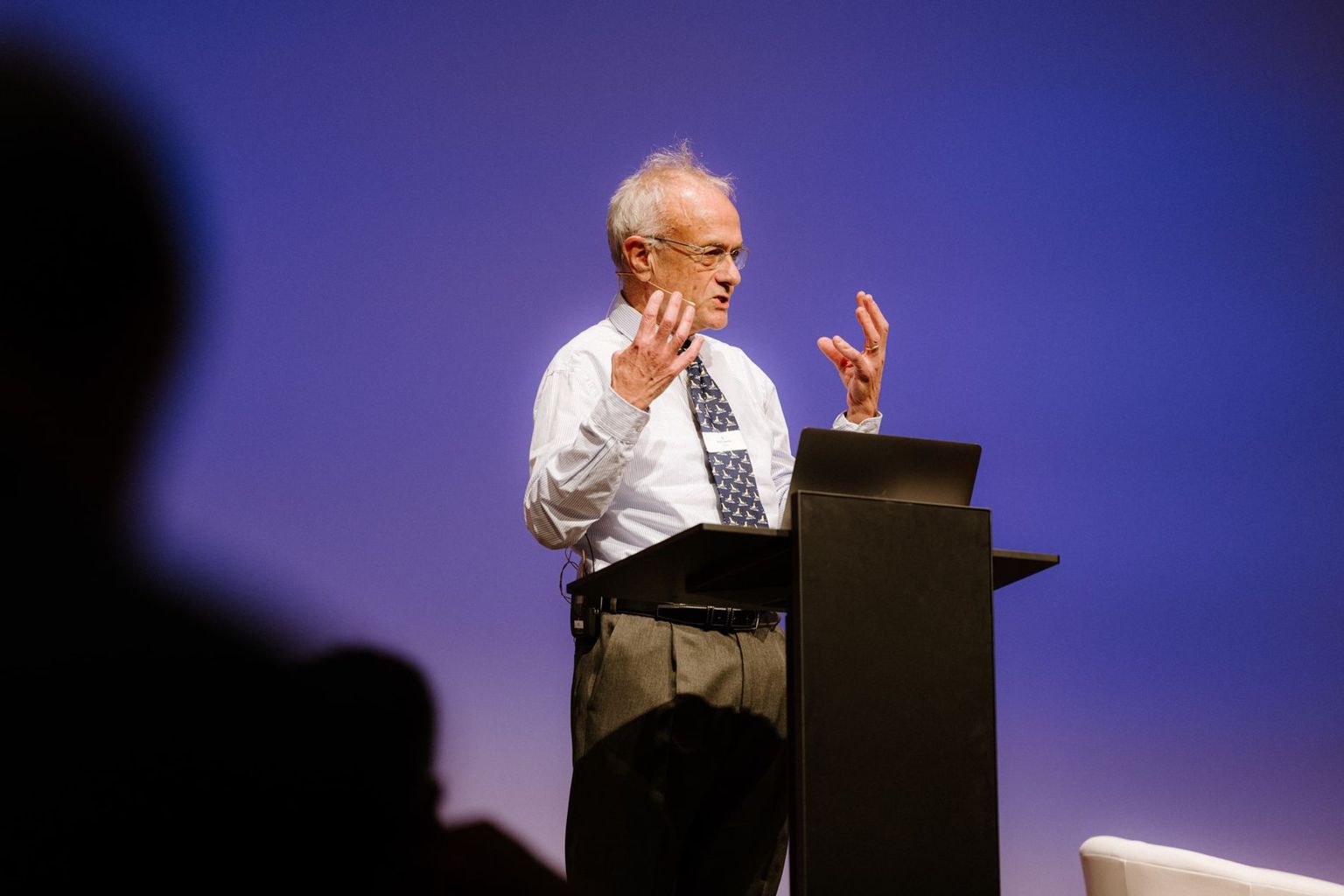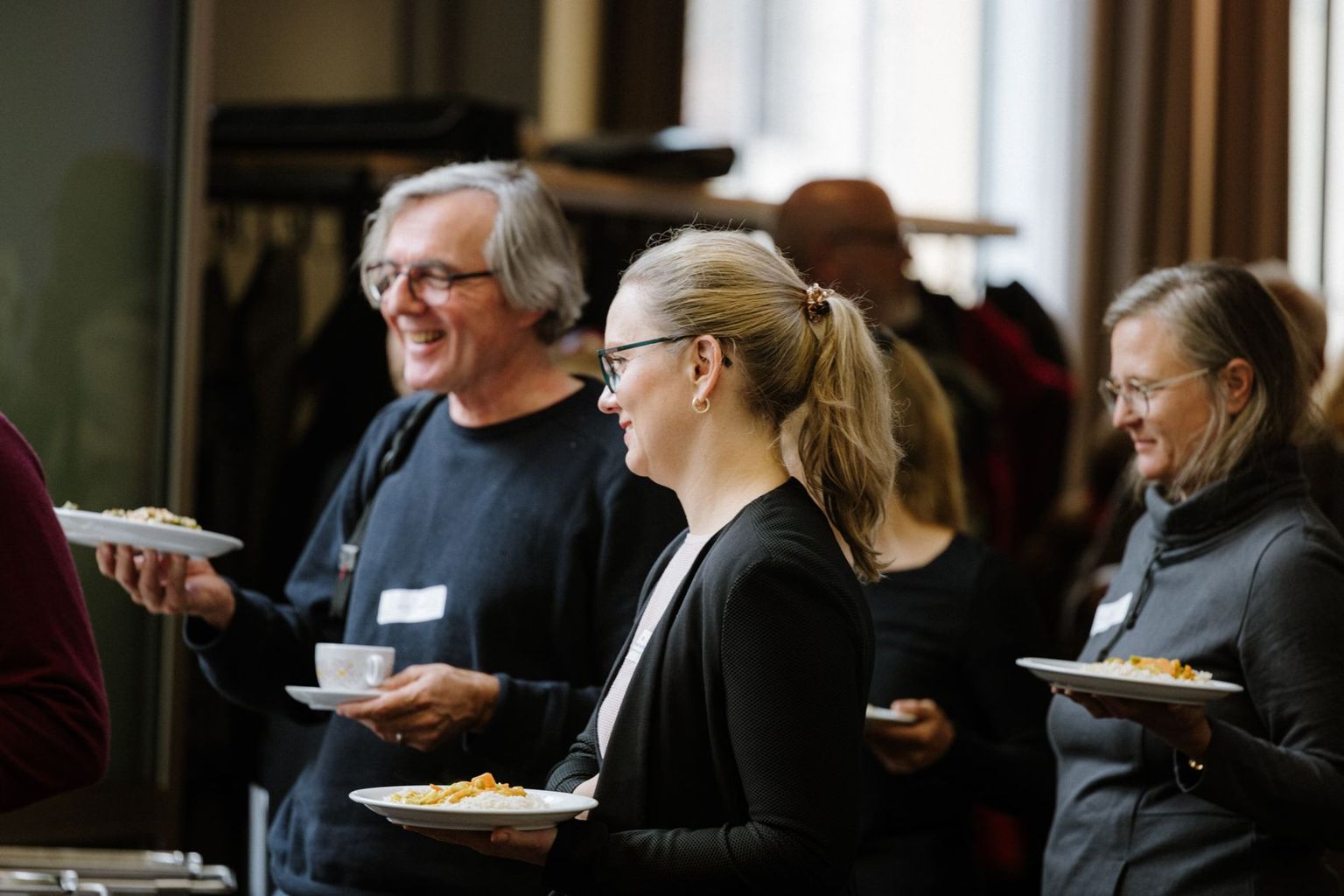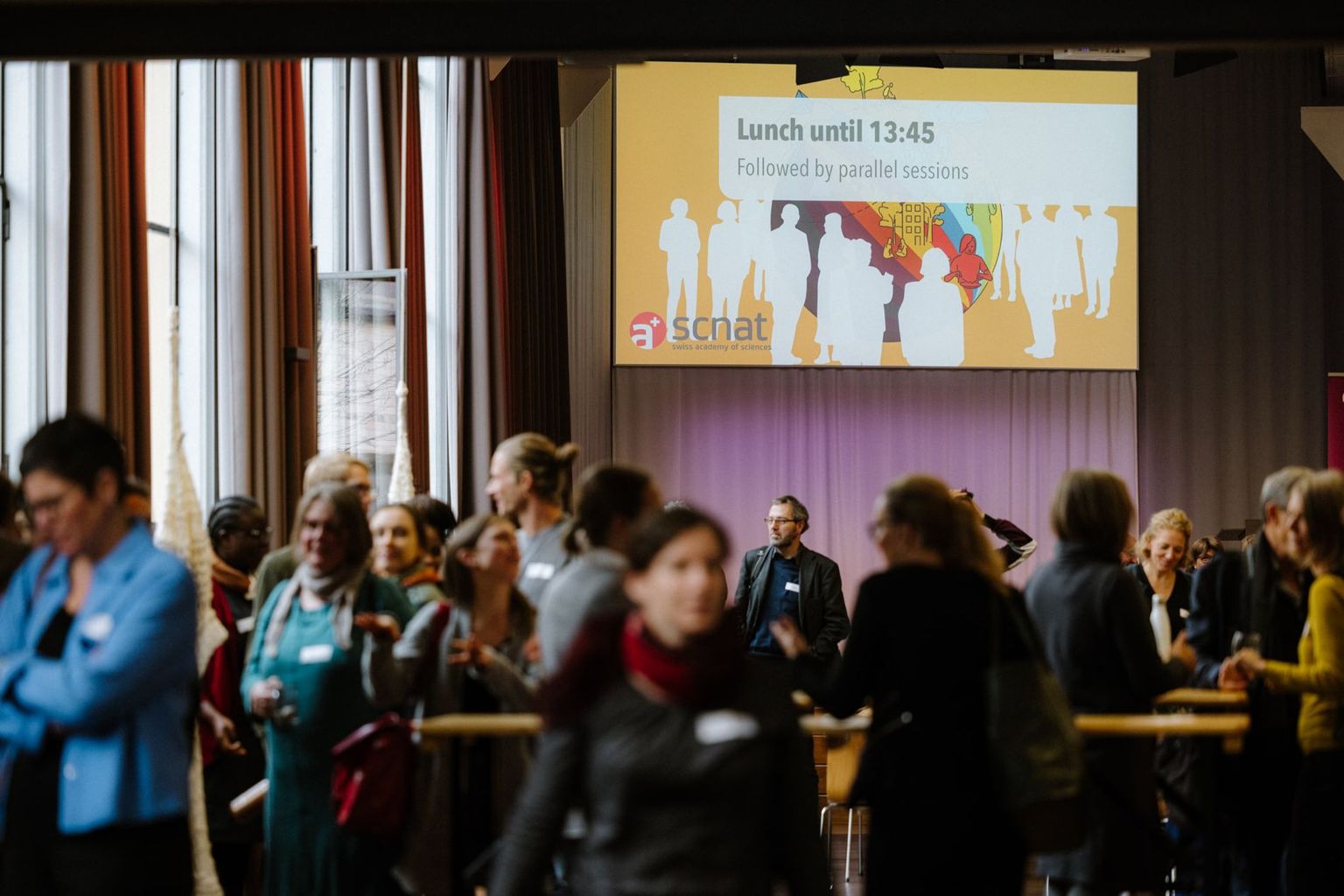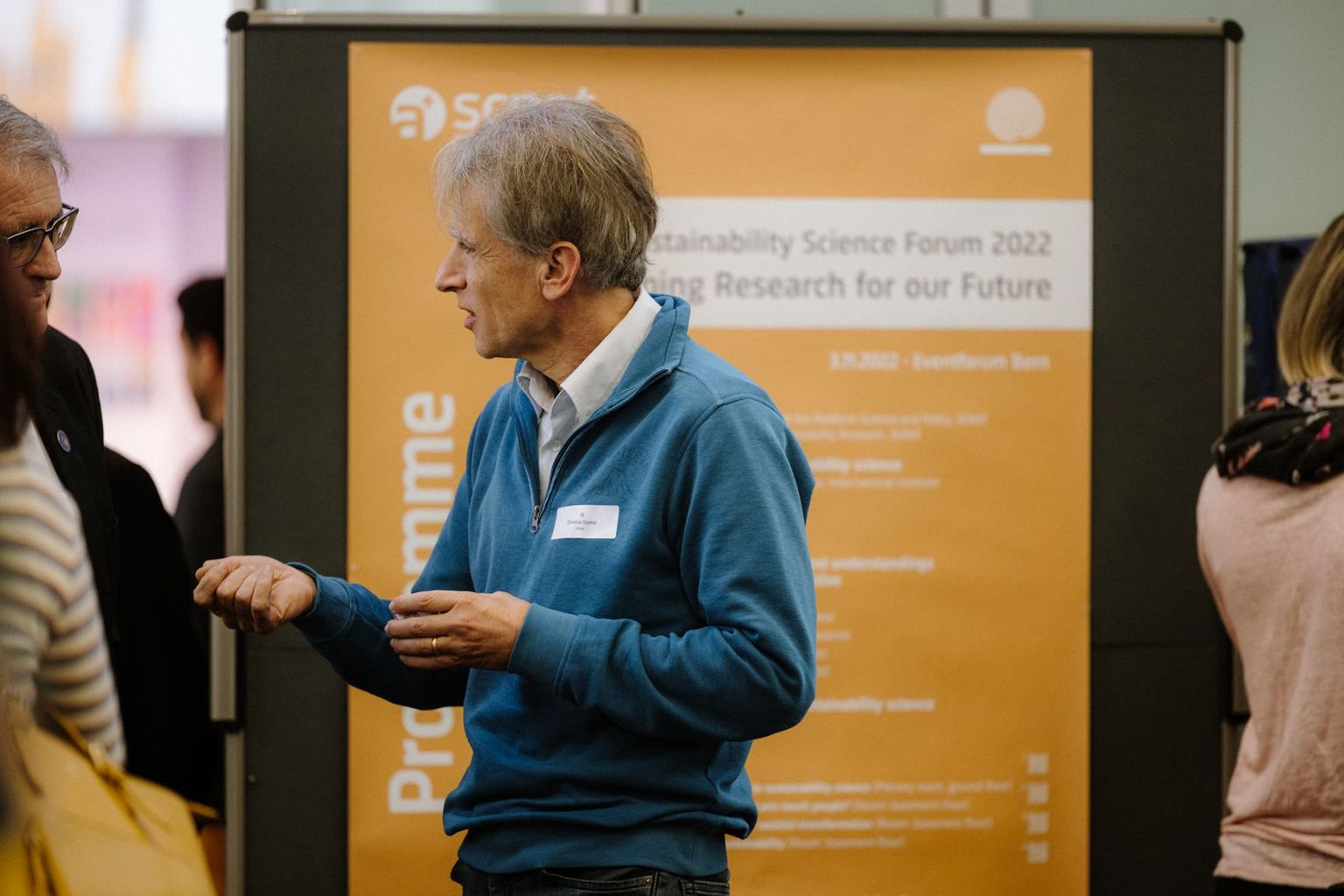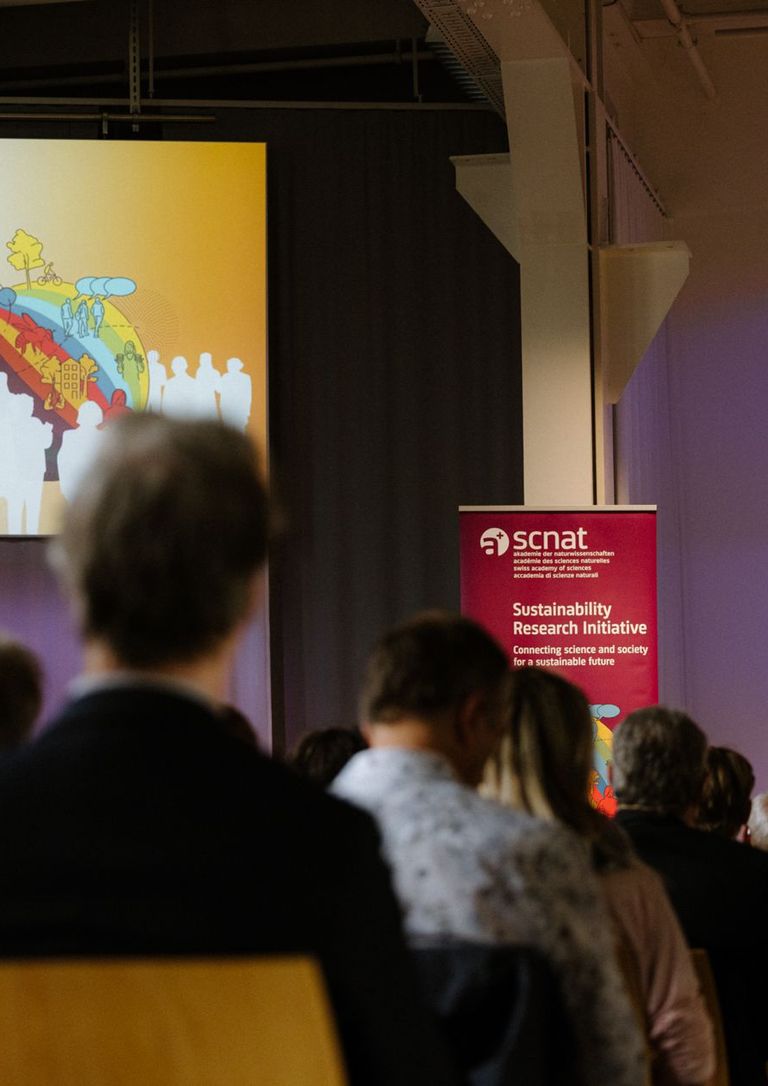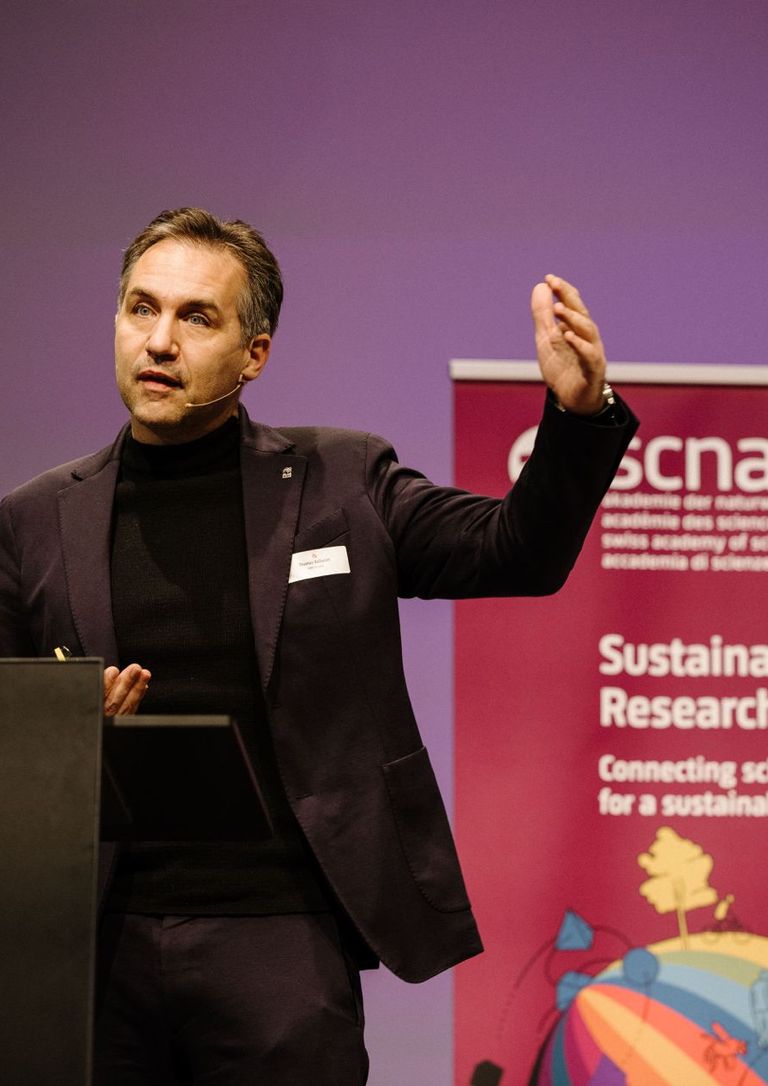Sustainability Science Forum 2022 - Shaping Research for our Future
3.11.2022 | Eventforum Bern
The Sustainability Science Forum 2022 addresses the future of research for sustainable development. How can science evolve to most effectively support societal change towards sustainability?
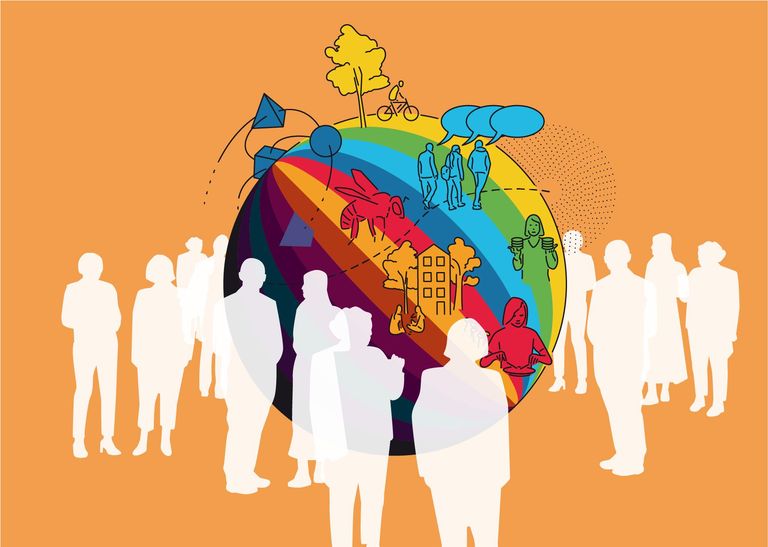
What are new perspectives, roles and tasks for sustainability science, and how can academia and funding agencies respond to respective needs?
We will address different aspects of these questions: What is important for the development of the field from a global perspective? What do we know about the core issue: the nature of societal transformation processes; and how do different fields conceptualise it? What are promising research formats for developing possible pathways of change? How can funders and research institutions best support efforts to build a resilient, nature-positive society?
The Sustainability Science Forum 2022 will explore these and many other questions, inspired by a keynote lecture presented by Prof. Dr. Albert van Jaarsveld, Director General, IIASA, and an installation by artist and scientist Sonja Schenkel.
Programme
9:00 Doors open
9:30 Welcome note
Bernard Lehmann, President, Platform Science and Policy, SCNAT
Gabriela Wülser, Head of Sustainability Research, SCNAT
9:40 New perspectives for sustainability science
Keynote
Albert van Jaarsveld, Director, International Institute for Applied Systems Analysis IIASA
10:20 Coffee Break
10:45 Societal transformation: current understandings from a social sciences perspective
Panel discussion
- Marlyne Sahakian, University of Geneva
- Eva-Maria Spreitzer, University of Lausanne
- Philip Balsiger, University of Neuchâtel
Moderator: Clemens Mader, Empa & OST
How do different fields understand, frame and conceptualise societal transformation? How do transformations happen and how can they be triggered, supported, or even steered? What is known about respective dynamics on individual and collective levels, and what can be roles of private sector innovations, social innovation, grassroot movements, media or political debates and decisions? What is the importance of underlying values and belief systems that may dominate in different societal “bubbles” and how can they be discussed across those “bubbles” in support of sustainability transformations?
11:45 Cross-cutting initiatives in sustainability science
This session gives the floor to sustainability research competence centres and networks at Swiss research institutions. What kind of services can these structures offer to facilitate interdisciplinary and interdepartmental research collaboration and how can this be achieved?
- World Food Systems Centre, ETH Zurich: Martijn Sonnevelt
- Netzwerk Sustainable Futures, Universität Basel: Annika Sohre
- Zurich Knowledge Centre for Sustainable Development: Cathérine Hartmann
- Centre de compétences en durabilité, Université de Lausanne: Augustin Fragnière
- CLIMACT, Université de Lausanne & EPFL: Nicolas Tetreault
Moderator: Gabriela Wülser, SCNAT
12:30 Lunch
13:45 Parallel sessions
- Lighthouse programmes in sustainability science
Hosts:
Peter Edwards, ETH Zurich & President, SCNAT Sustainability Research Initiative
Gabriela Wuelser, SCNAT
- How can the sciences and arts touch people?
Hosts:
Bianca Vienni-Baptista, ETH Zurich
Karin Zindel, Zurich University of the Arts ZHdK
- Rethinking paradigms for societal transformation
Hosts:
Christoph Küffer, President, td-net & Working group co-leader, SAGUF
Markus Zürcher, Swiss Academy of the Humanities and Social Sciences SAHS
- Policy making for sustainability
Hosts:
Basil Bornemann, University of Basel
Eva Lieberherr, ETH Zurich
Marius Christen, University of Basel and SusCon
15:00 Coffee break
15:15 Shaping research for our future: promising formats
Panel discussion
- Michael Stauffacher, ETH Zürich
- Sonja Schenkel, Storytex
- Lucas Müller, Swiss Young Academy
Moderator: Bianca Vienni-Baptista, ETH Zurich
This panel discussion will address formats that help strengthen the impact and relevance of scientific contributions to sustainable development. Such approaches may imply a broader or transformative understanding of research. Some involve the active participation of research in solution or policy development processes at the interface between science and practice. We will look more closely at such promising formats, the kind of “transformation knowledge” they produce and how they can be scaled up. To what extent is it necessary to transgress the conventional space of science, and how can this be done?
16:15 Final plenary session
Peter Edwards, ETH Zurich & President, SCNAT Sustainability Research Initiative
16:45 Apéro
The Sustainability Science Forum...
...is a meeting place where new ideas can be presented and debated, research concepts developed and partnerships forged. The Forum is intended to be fresh and exciting – not just another conference! - and is designed to meet the interests and needs of a growing sustainability science community.
We support the International Year of Basic Sciences for Sustainable Development
Parts of the event
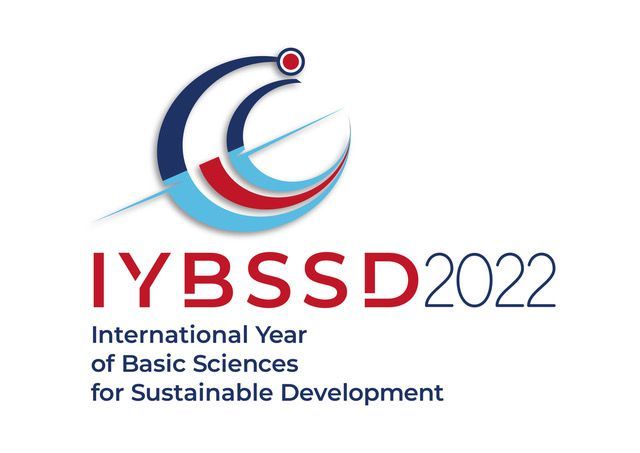
Contact
Dr. Anja Bretzler
SCNAT
Steering Committee Sustainability Research
House of Academies
PO Box
3001 Bern
Switzerland


